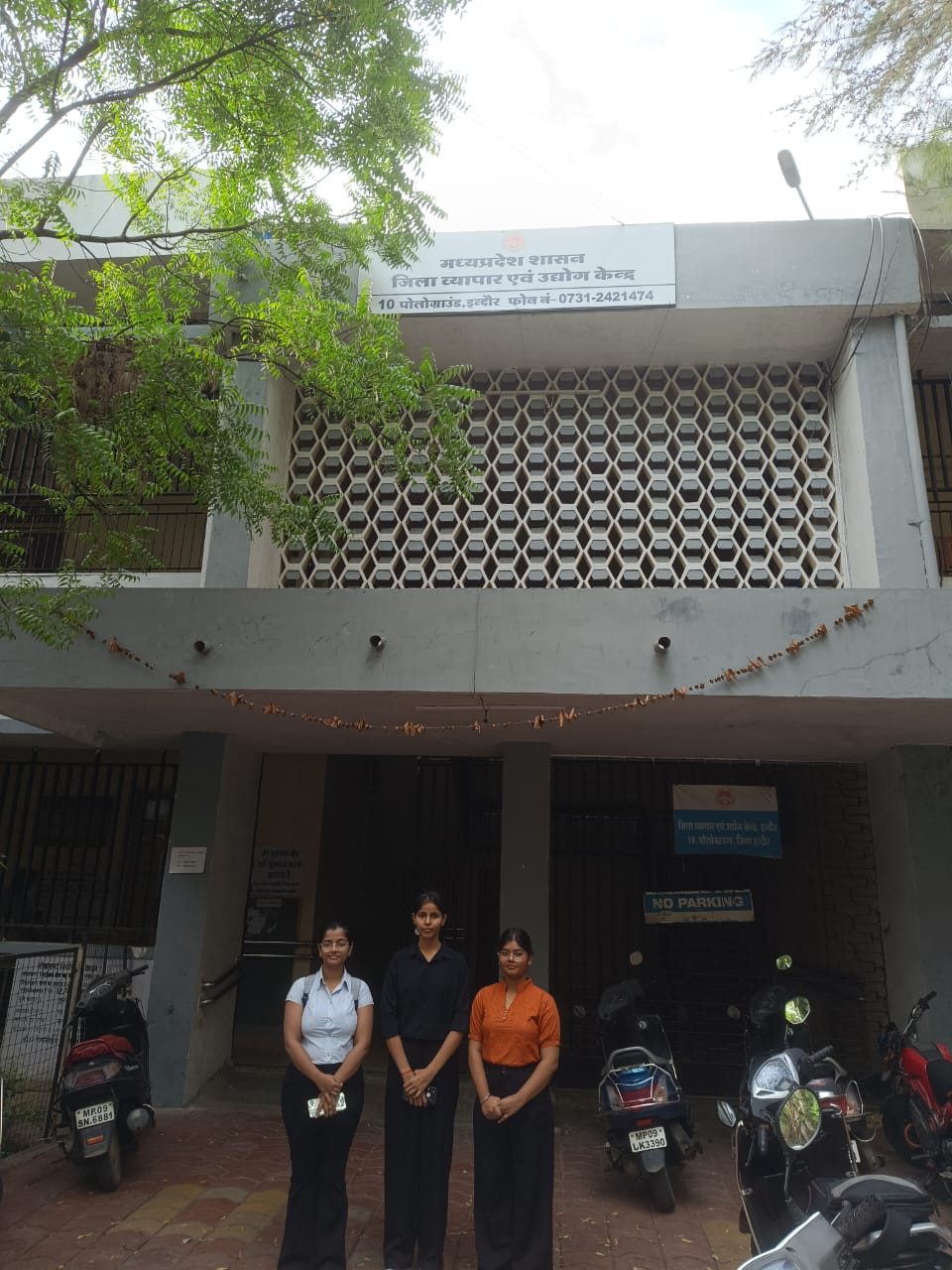The visit to the Micro, Small and Medium Enterprises (MSME) Office, Indore focused on understanding the functioning and support mechanisms available for entrepreneurs and small businesses under various government schemes. The team interacted with officials to gain insights into policy implementation, enterprise registration, and the challenges faced by small-scale industries in Madhya Pradesh.
This engagement helped Suneeti Initiatives explore how MSME frameworks can be strengthened through better awareness, policy analysis, and local-level outreach. The visit also opened opportunities for collaboration to promote entrepreneurship and enhance access to government benefits among grassroots innovators and business owners.









